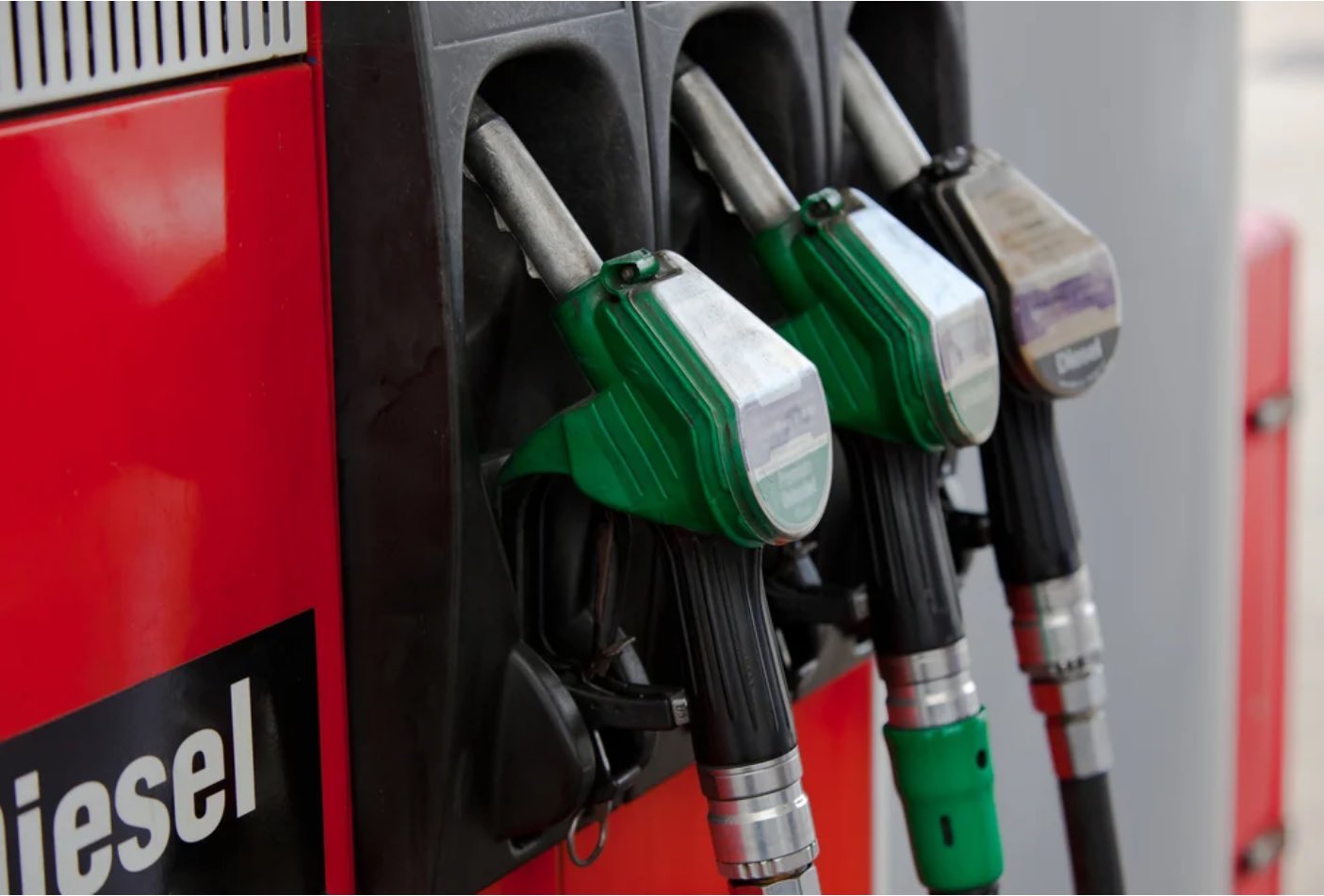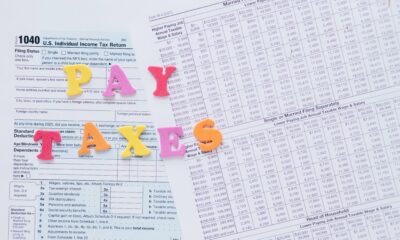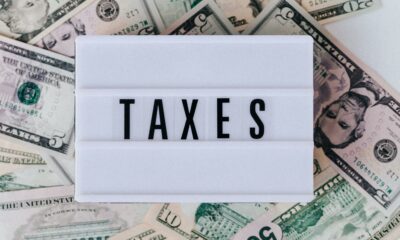News
How Dirty Diesel is Quietly Draining Billions from South Africa’s Coffers

A toxic fuel underworld thrives as engines fail, trucks vanish and the taxman bleeds
In a country already burdened by power cuts, price hikes, and pothole politics, a quieter crisis is draining South Africa’s economy and it smells like paraffin.
The illicit fuel trade, long operating in the shadows, is now estimated to cost the nation a staggering R3.6 billion a year, according to the South African Revenue Service (SARS). And while fuel theft might sound like a fringe problem, its impact runs deep from tax shortfalls to broken truck engines and environmental hazards.
Fuel smuggling along the Maputo corridor
At the heart of this growing racket is the Maputo corridor, the bustling artery between Mozambique and South Africa, linking Gauteng, Mpumalanga, and KwaZulu-Natal. It’s no coincidence that these three provinces are now considered hotbeds for illicit fuel activity, with 23 hotspots flagged by authorities.
Organised criminal syndicates are exploiting weaknesses at border points and fuel depots, mixing and diluting diesel with harmful substances — often paraffin, sometimes at levels as high as 68%.
This practice, called fuel adulteration, allows crooks to stretch their product and undercut legitimate sellers, often passing the toxic mix to unsuspecting filling stations and truck operators.
Paraffin-laced diesel: An engine killer
The consequences are not just fiscal, they’re mechanical and personal.
Toyota South Africa Motors (TSAM) raised the alarm in early 2024 after their technicians found adulterated diesel sold at over 70 fuel stations nationwide. According to TSAM President Andrew Kirby, paraffin breaks down engine seals, corrodes moving parts, and lowers the diesel flashpoint, which can cause dangerous engine knock.
“Repeated use of this fuel will cause total engine failure,” Kirby warned.
For logistics companies, truck owners, and farmers, these aren’t abstract risks. They’re hefty repair bills and downtime that they can’t afford, especially during peak transport seasons.
Inside the underworld of fake fuel
The fuel laundering business isn’t as messy as you’d imagine — at least not for those running it.
SARS investigators, working with police and the National Joint Operational and Intelligence Structure, have uncovered “washrooms”, some mobile, where fuel is chemically altered to disguise its illegal contents. These facilities often look like legitimate depots but are anything but.
In just four months, authorities confiscated over 950,000 litres of dirty diesel and impounded 12 trucks, each carrying about 15,000 litres of misdeclared or smuggled fuel. Thirteen criminal cases have been opened and assets worth R367 million seized.
These busts have shed light on how well-oiled (pun intended) the network is, and how brazenly it operates.
A ticking bomb for the fiscus and the public
What makes this problem particularly dangerous is that it’s both invisible and deeply embedded.
At a time when the government is under pressure to find funds for basic services, infrastructure, and social grants, losing billions to illegal fuel operations is unsustainable. It undermines tax collection, market fairness, and even public safety, with substandard fuel threatening vehicles on the road.
SARS Commissioner Edward Kieswetter didn’t mince his words, calling the syndicates “rapacious” and “callous,” and warning that the state will “spare no efforts to crush them.”
His statement struck a chord on social media:
“No wonder the fuel price makes no sense. We’re paying for other people’s crimes.”
“Fix the border and the corruption at the depots. That’s where the real problem lies.”
“How many engines must break before someone is held accountable?”
A systemic issue, not just a criminal one
South Africa’s illicit fuel crisis isn’t just a law enforcement issue. It’s a systemic failure, in customs enforcement, cross-border coordination, and market regulation.
While SARS is intensifying its response, many argue it’s only scratching the surface. Experts say greater investment in fuel monitoring technology, real-time customs tracking, and transparency in fuel supply chains are urgently needed.
It’s not just about stopping crooks at the border. It’s about understanding how a black-market economy quietly thrives beneath the surface — and how it’s robbing both the state and citizens blind.
Until then, the engine of South Africa’s economy will keep knocking louder and louder.
{Source: The Citizen}
Follow Joburg ETC on Facebook, Twitter , TikTok and Instagram
For more News in Johannesburg, visit joburgetc.com



























